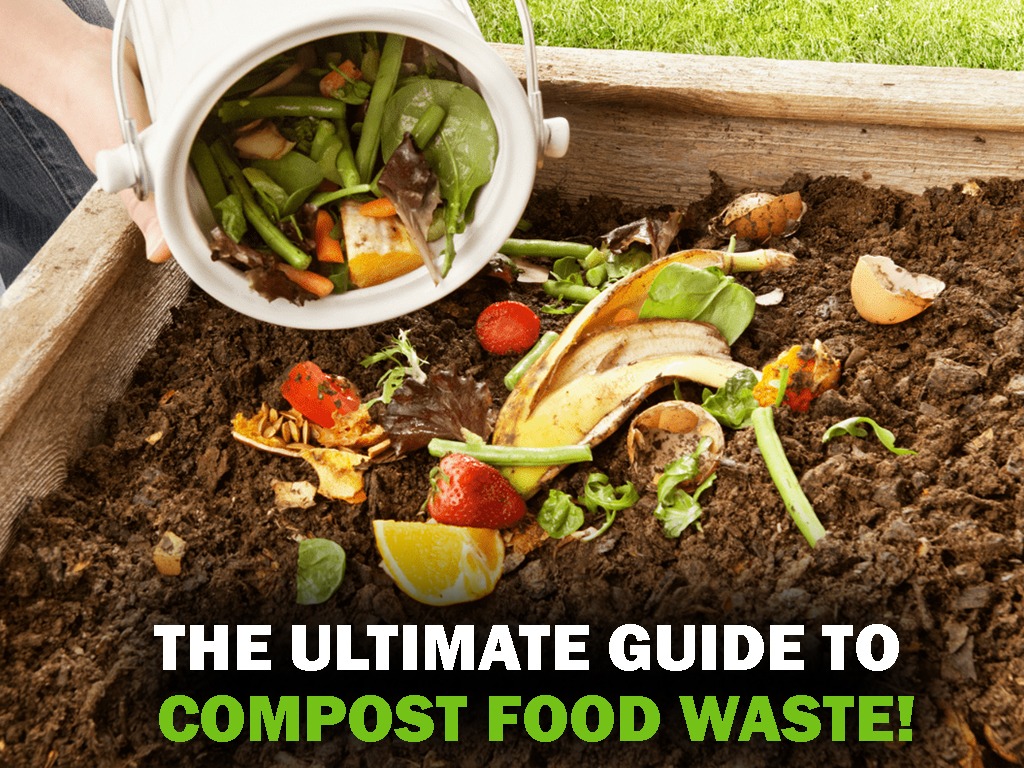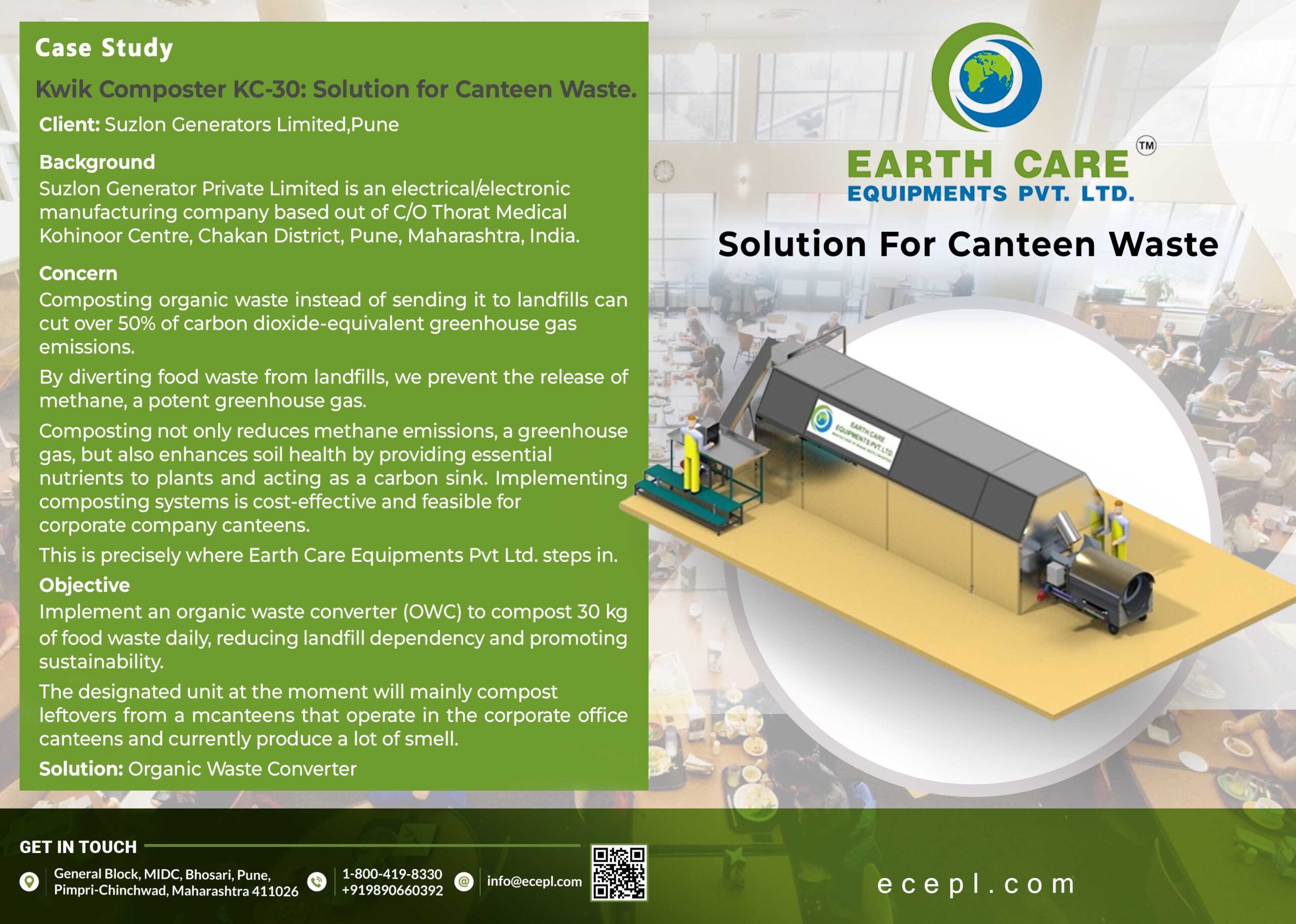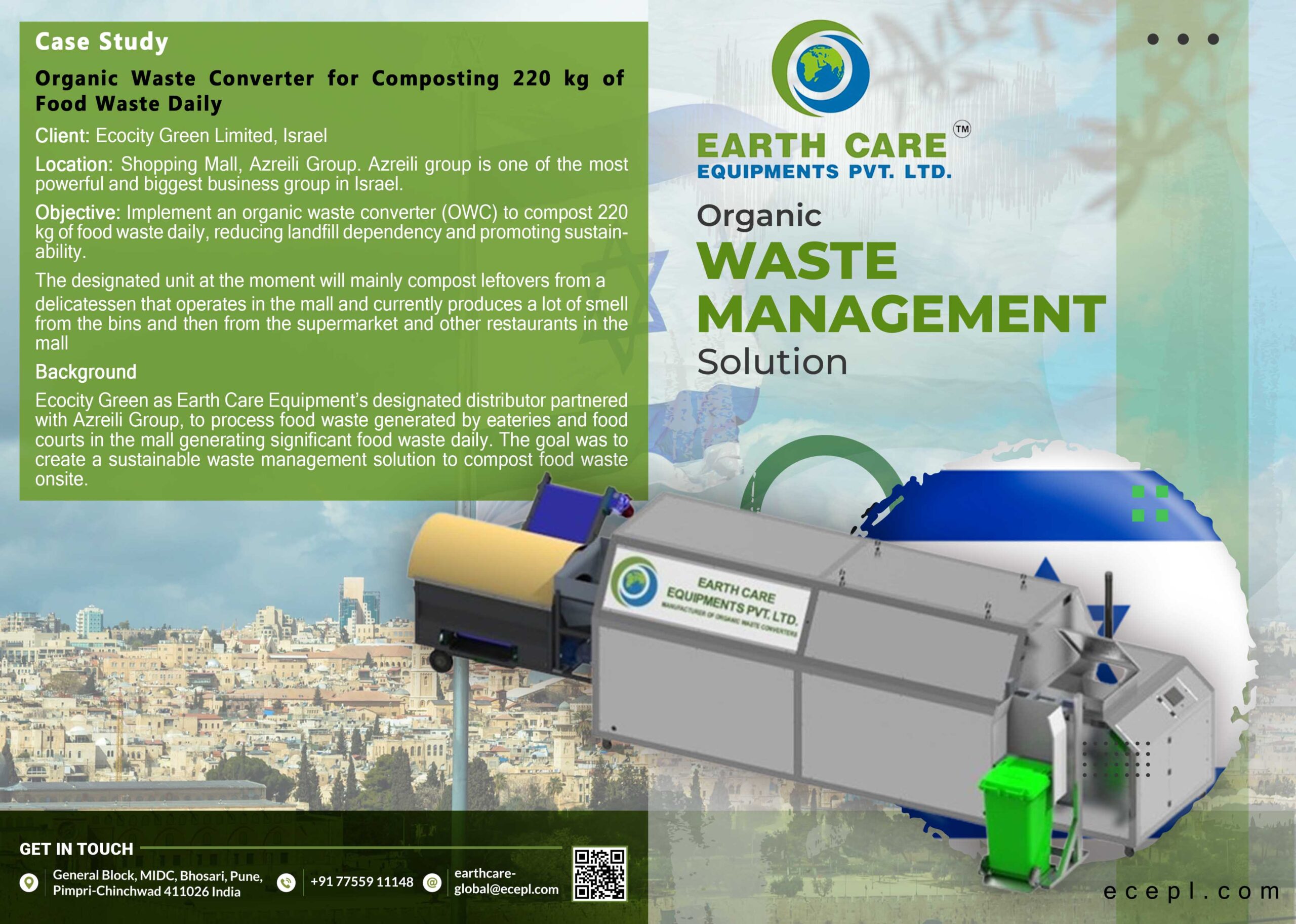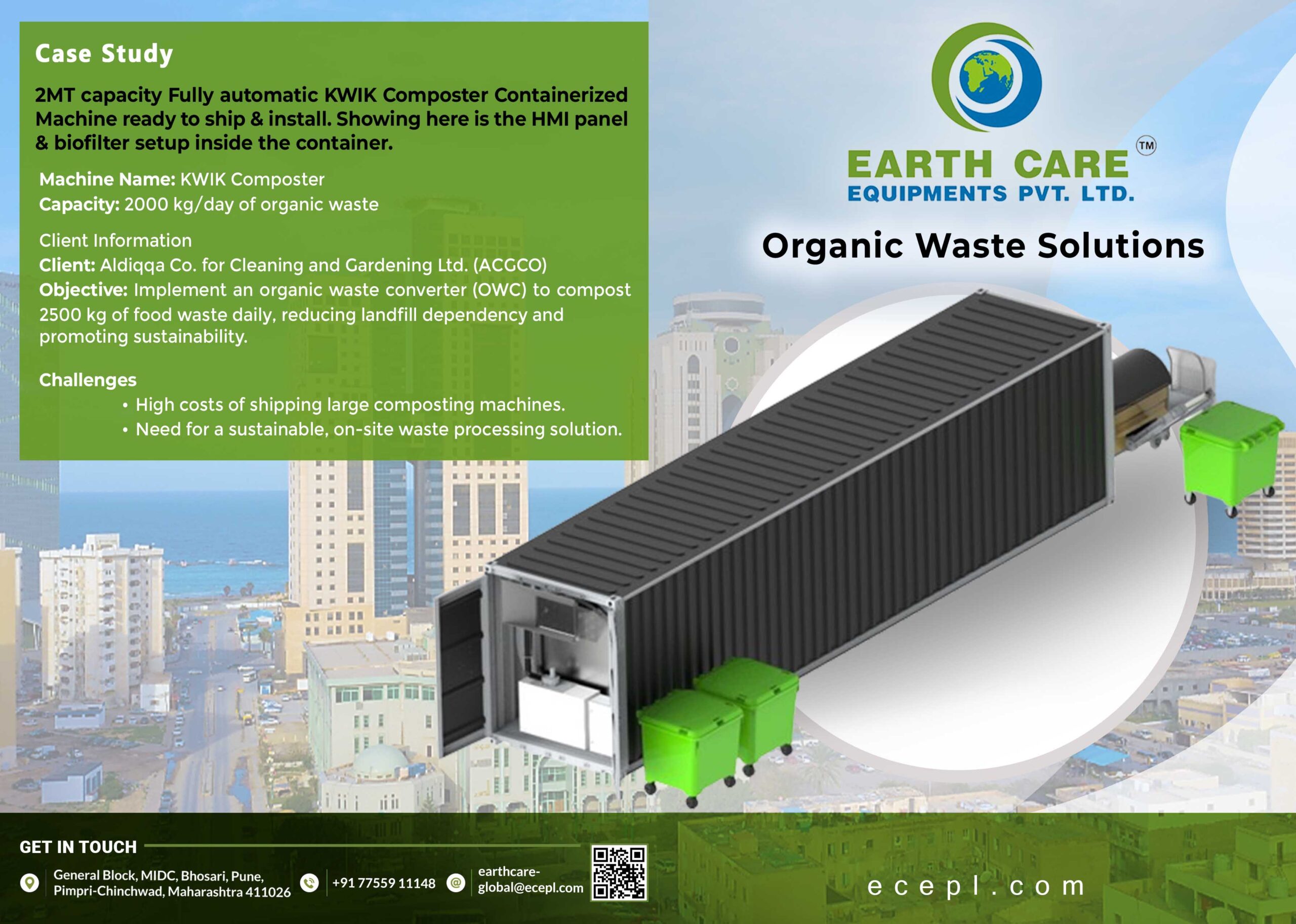
Composting food waste is a simple and effective way to reduce the amount of waste sent to landfills, improve soil health, and grow healthier plants. In this guide, we will cover everything you need to know about composting food waste, including the benefits, the materials you can compost, and tips for maintaining a successful compost pile.
Benefits of Composting Food Waste
- Reduces Waste: The average household generates a significant amount of food waste, and much of it ends up in landfills. By composting food scraps, you can reduce the amount of waste sent to landfills and help to conserve natural resources.
- Improves Soil Health: Compost is rich in essential nutrients and microorganisms that can improve the health of your soil. It can help to increase the fertility of your soil, improve the structure, and retain moisture.
- Increases Plant Growth: Compost can be used as a fertilizer to grow healthy plants. It can help to increase the yield of your garden, make the plants stronger, and increase their resistance to disease.
- Reduces Greenhouse Gases: When food waste decomposes in landfills, it releases methane, a potent greenhouse gas. By composting food scraps, you can reduce the amount of methane released into the atmosphere.
Materials You Can Compost
- Fruits and vegetables: All types of fruits and vegetables, including peels, cores, and seeds, can be composted.
- Eggshells: Crushed eggshells can be added to the compost pile and can help to add calcium to the soil.
- Coffee grounds and filters: Coffee grounds are a great addition to the compost pile and can help to add nitrogen to the soil.
- Tea bags: Used tea bags can be added to the compost pile, but be sure to remove the metal staple.
- Grass clippings and leaves: These can be added to the compost pile and will break down quickly.
- Paper products: Used paper products, such as paper towels, napkins, and newspapers, can be added to the compost pile.
Tips for Maintaining a Successful Compost Pile
- Balance: A balance of brown and green materials is essential for a successful compost pile. Brown materials, such as leaves and twigs, provide carbon, while green materials, such as fruits and vegetables, provide nitrogen.
- Aeration: A well-aerated compost pile will decompose faster. Turn the pile every few days with a pitchfork to add oxygen.
- Moisture: The compost pile should be moist, but not wet. If the pile is too dry, add water. If it’s too wet, add more brown materials, such as leaves or straw.
- Size: A larger pile will retain heat better, but be sure to keep the pile between 3-5 feet high.
By following these tips, you can easily set up and maintain a successful compost pile, and enjoy all the benefits of composting food waste.




